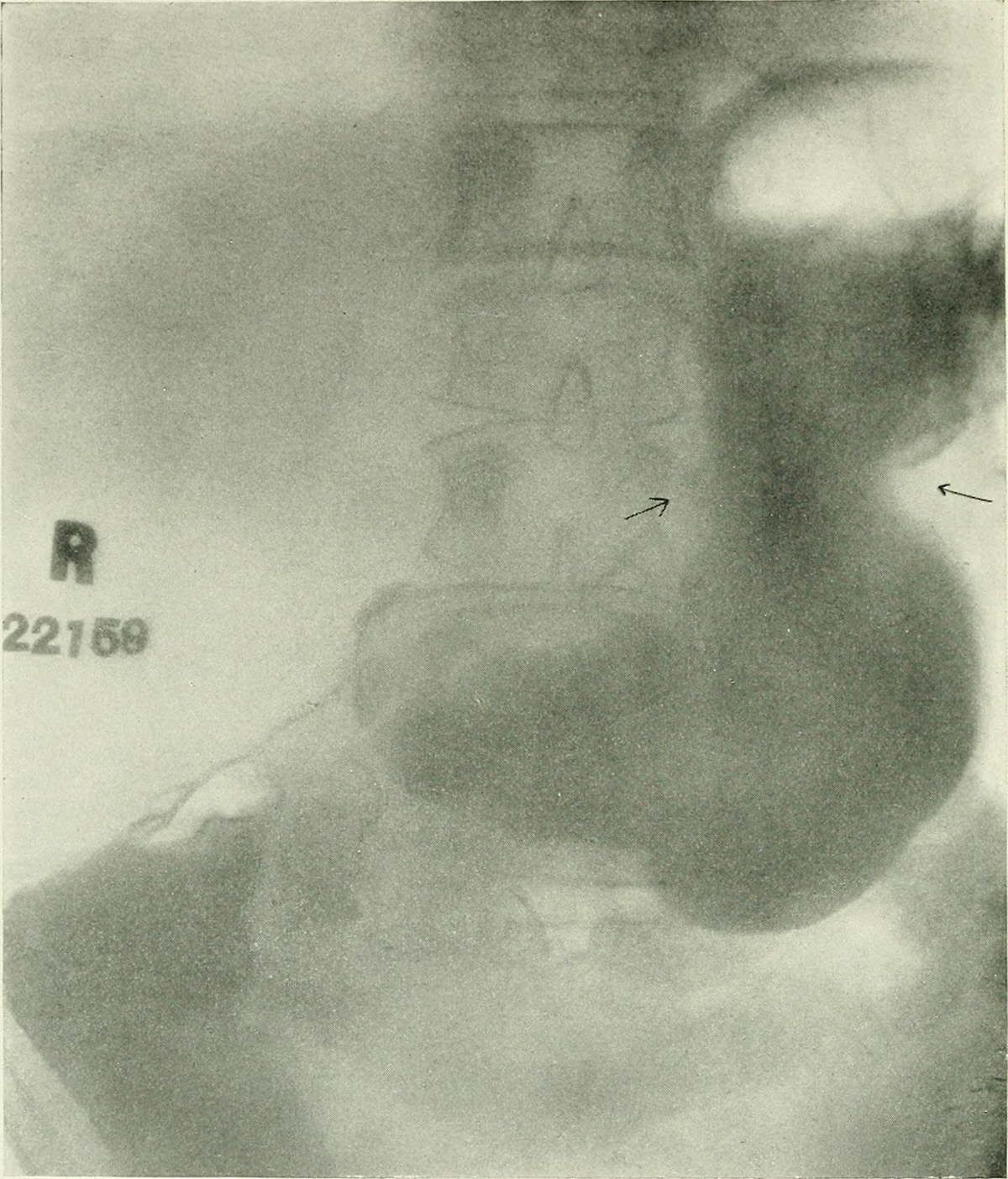
Cancer and Loss of Appetite
Poor absorption can be evident in cancers or gastrointestinal tract. Namely, the first symptom of bowel cancer may be rapid loss of weight. Furthermore, after surgical excision of the oral and maxillofacial tumors the patient may experience difficulties with chewing and swallowing of the food which results in weight loss.
Causes of Loss of Appetite in Cancer
The very presence of the cancer can lead to loss of appetite. This occurs in pancreatic, ovarian and stomach cancer. In advanced stages of the disease even certain substances that are produced by tumor cells can reduce appetite.
Patients often feel satiated after eating small portions of food. In some patients who are suffering from ascites, which is accumulation of the fluid in the abdominal cavity, increased pressure can transfer to all the intestinal organs, and result in reduced appetite.
Chemotherapy, which is a standard treatment in majority of patients with cancers, often leads to nausea. Even though nausea can be dealt with certain antiemetics the patients who undergo chemotherapy complain about prolonged nausea and reluctance to eat. If chemotherapy causes vomiting this can be additional problem with intake of food. Problems with nausea and vomiting last for several days after a cycle of chemotherapeutics. Still, in more susceptible patients nausea can even last until the next cycle of chemotherapy which can drastically influence appetite and intake of food. Loss of appetite has also been reported in people who undergo radiotherapy of the stomach.
Some people suffer from depression and this can be explanation why they avoid eating. If they are prescribed antidepressants the appetite may significantly improve.
Management of Lost Appetite
Treatment of underlying cause is the most effective way of re-establishment of appetite. A variety of medications can be effective in reduction of the symptoms which affect patient's appetite. Furthermore, there are even appetite-stimulating medications and nutritional supplement drinks which are commonly given to cancer patients. For all those who cannot eat due to structural changes of the upper gastrointestinal tract there is a possibility of food administration through feeding tube.
The family needs to be supportive and to help these patients. And finally, additional advice can be obtained from nutritionists who can prescribe special dietary regimes.


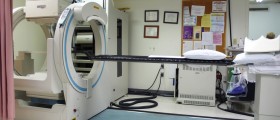


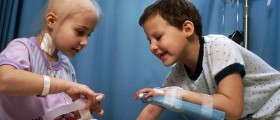

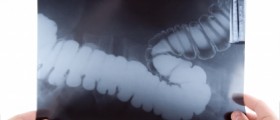


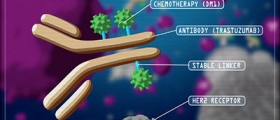



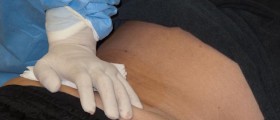


Your thoughts on this
Loading...